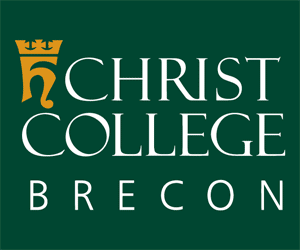To Tutor Or Not To Tutor - That Is The Question....
1 in 4 children who gain a place at schools with 11 or common entrance exams have been tutored. This goes up to 1 in 2 children in London. Are you putting your child at a disadvantage by not getting them a tutor or should they be able to sit the exam and pass on their own merits, without a tutor, if they’re bright enough? Here are some things to consider if you are asking yourself the question – to tutor or not to tutor: 1. Verbal Reasoning - Part of the exam will be a verbal reasoning paper – children who have never seen these papers may find them unfamiliar and daunting.
Most independent schools will prepare student s for entrance exams by practising these papers and some state schools will also run practice sessions for more able pupils. Tutors will be able to familiarise children with these and give them hints and tip for exam success – boosting confidence.
2. Exam content - Some of the content of 11 and Common Entrance Exams is not taught in State primary schools as part of the curriculum.A good tutor will have experience of past papers and the kind of questions that will come up, so should be able to bridge any gaps.
3. Practice Papers - If you are reluctant to get a tutor you might like to consider buying practice papers from WH Smith or Amazon. These range from £6 to £8 per set and mirror the real tests so children will be able to identify their strengths and weaknesses and will feel more confident during exams having already completed similar papers.
4. What is a good tutor? - If you do employ a tutor, finding one who has been recommended and has a proven track record at helping children pass the exams can be a shrewd choice. Although just because a tutor suits someone else’s child doesn’t mean they’ll suit yours. They will need to have a demeanour and teaching style that works for your individual child so having a trial session is always advisable.
5. Cost - Tutors can be expensive, varying from around £20 to £50 an hour, depending on where you live. If you have a weekly tutor for a year it’s quite a significant cost. Some tutors teach in groups, or pairs, which is cheaper but you’ll need to decide whether this style of teaching will suit your child.
6. Online Tutoring – This seems to be an increasingly popular choice as tutors are matched to pupils by ability, subject needs and even personality, they then provide specific tutorials online, usually with a great deal of flexibility. This can be a great idea to save time during evenings and weekends by avoiding travelling to a tutors house, or place of work.
7. How much tutoring does my child need? – This will depend on each individual child, from a few sessions to familiarise them with the papers to weekly sessions over a longer period of time to gradually build knowledge and confidence. Take into account that a child who has been heavily tutored for a number of years just to pass the exam may not thrive once in the school without continued tutoring. Schools that admit children by entrance exams are likely to be high pressure academic environments. The more able your child is to pass the exam without intervention the easier they will find it to cope once they attend the school.






